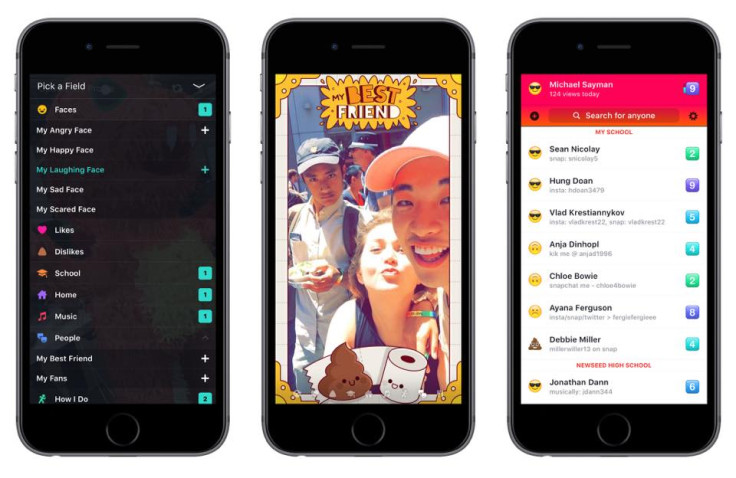Facebook's Lifestage app is aimed at schoolkids - should we be worried about its security?
The app is designed for high-school kids to connect, although there are concerns around its security.

Facebook has launched Lifestage, a video-centric social media app for high school students. The standalone app for iOS devices allows students to create "visual profiles" and connect with other students at their school.
Facebook touts Lifestage as a reimagining of Facebook if it had been created today with a video-first approach. Instead of profile pictures and text, users build their profiles using pictures and videos of their likes, dislikes, activities and so on. Students can also upload videos of their facial expressions so they can show off their best happy/sad/angry faces – presumably as a sort of new emoji for Generation Z.
By default, all schools start as "locked" and users are only able to explore other people's profiles once 20 people sign up. The app doesn't require a Facebook account to use, and instead asks users for their mobile phone number in order to register.
While Lifestage can technically be used by anyone with an iPhone, if you're over the age of 22 you won't be able to see anyone's profile but your own. Ageist, you cry? Bear in mind that this is an app designed specifically for high school kids to connect with their classmates, meaning there's no real reason anyone not in secondary education should be using it anyway.
Worryingly, it doesn't quite sound as if Facebook has the correct measures in place to keep creeps away from the app. Lifestage features tools to block and report people, but the info on the App Store states: "Everything you post in Lifestage is always public and viewable by everyone, inside and outside your school. There is no way to limit the audience of your videos. We can't confirm that people who claim to go to a certain school actually go to that school. All videos you upload to your profile are fully public content."
IBTimes UK contacted Facebook for clarification on how it plans to protect its users. From what we were told by a spokesperson, it seems the company is relying on users blocking and reporting anyone who isn't meant to be on the platform, rather than taking measures to keep them off altogether. However, they added that the app was very much still in the testing phase, which we hope means Facebook will bring in more proactive security measures at some point in the near future.
Regardless, it seems like a worryingly hands-off approach for an app that has been designed for teenagers, a fact that's not been lost on its users. "I don't like how much information you have to give out," wrote one. "I don't want my phone number to be known nor do I want everyone to know my Instagram and Snapchat. I could not figure out how to take a picture or why my school was needed. Like I said, I don't want all my information out there."
If Facebook can answer these concerns, Lifestage might just have enough depth to make social media seem new and exciting again.
© Copyright IBTimes 2024. All rights reserved.






